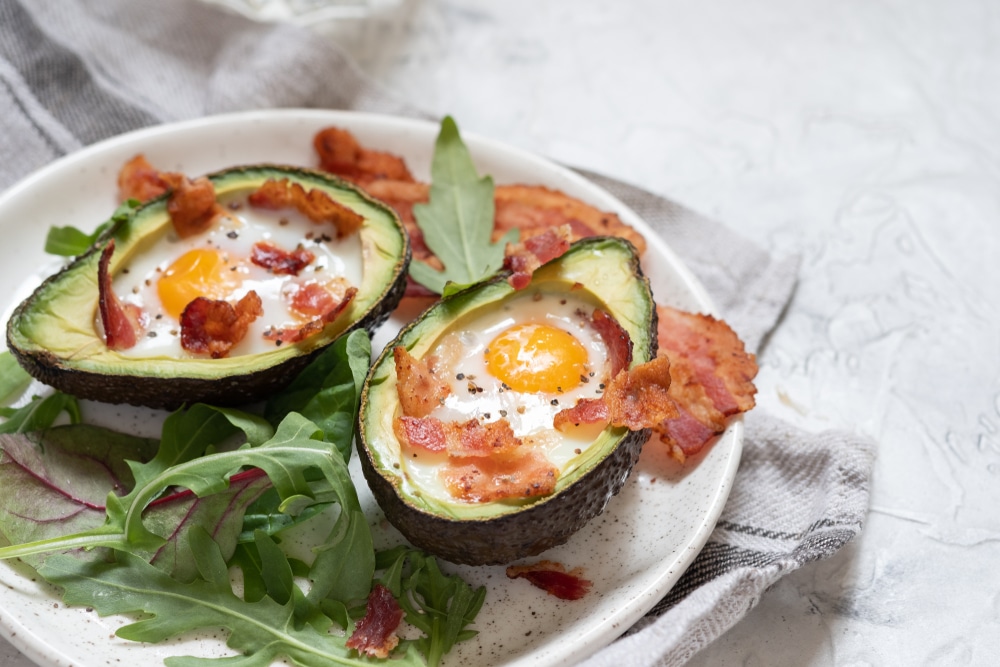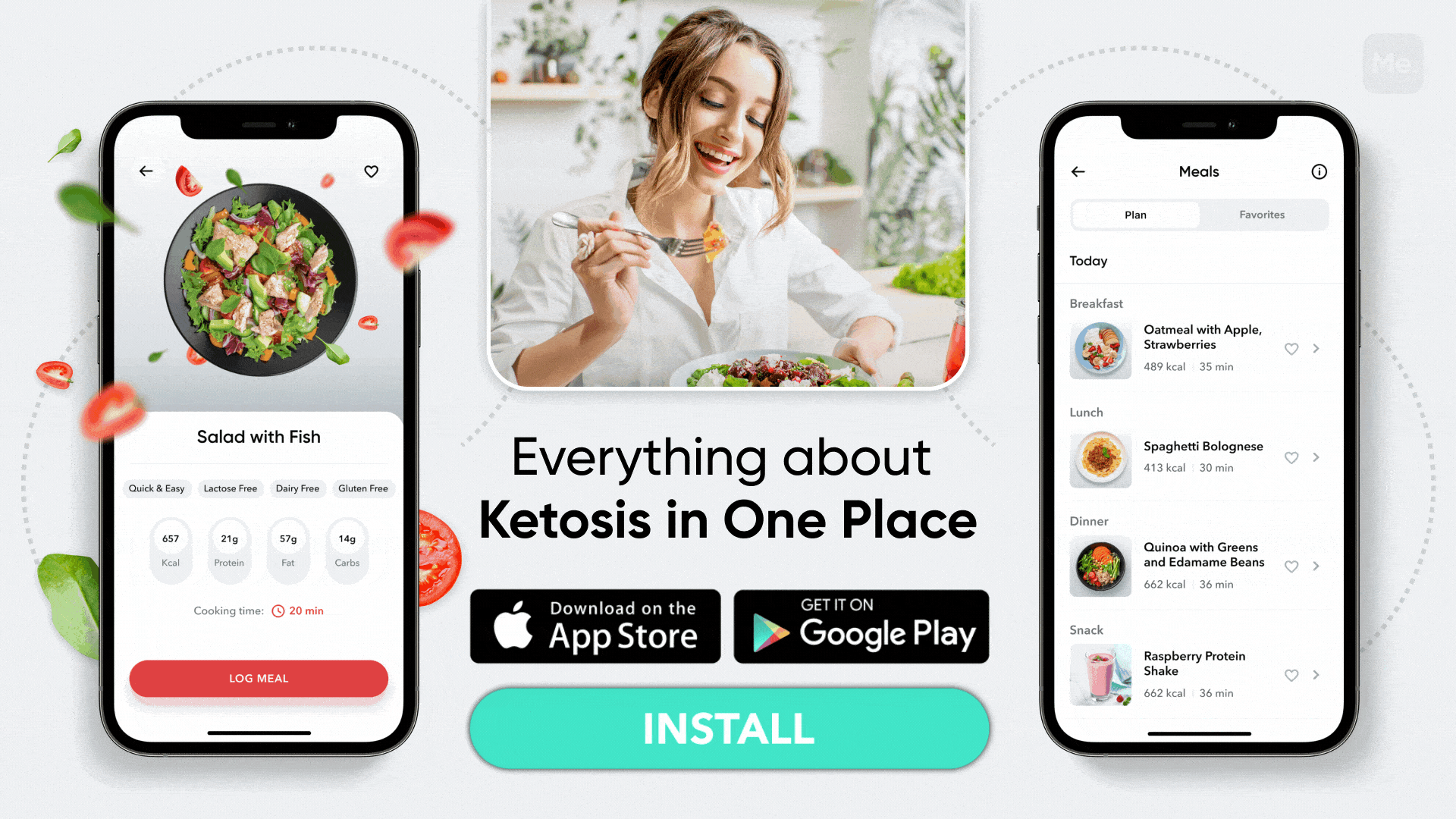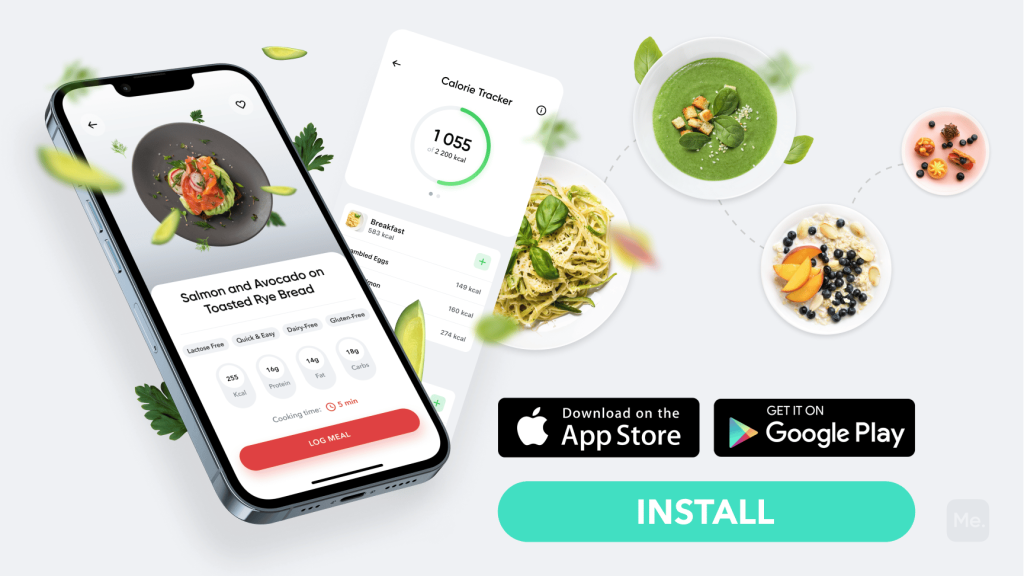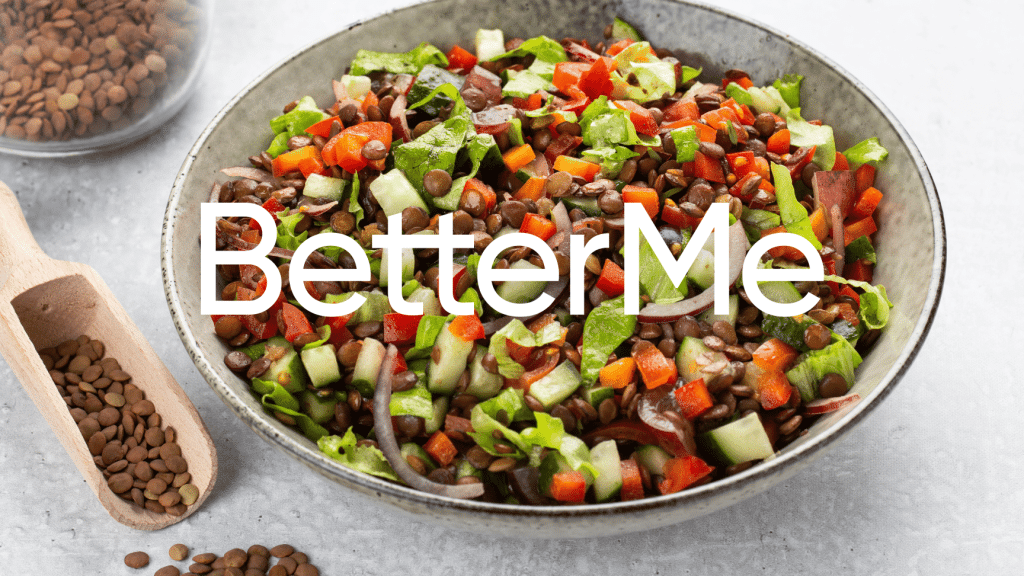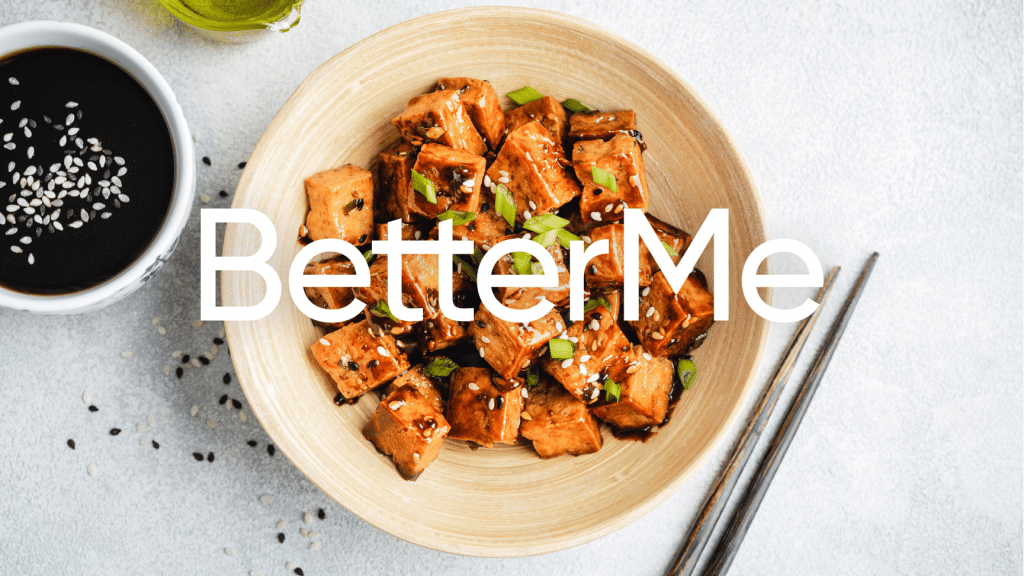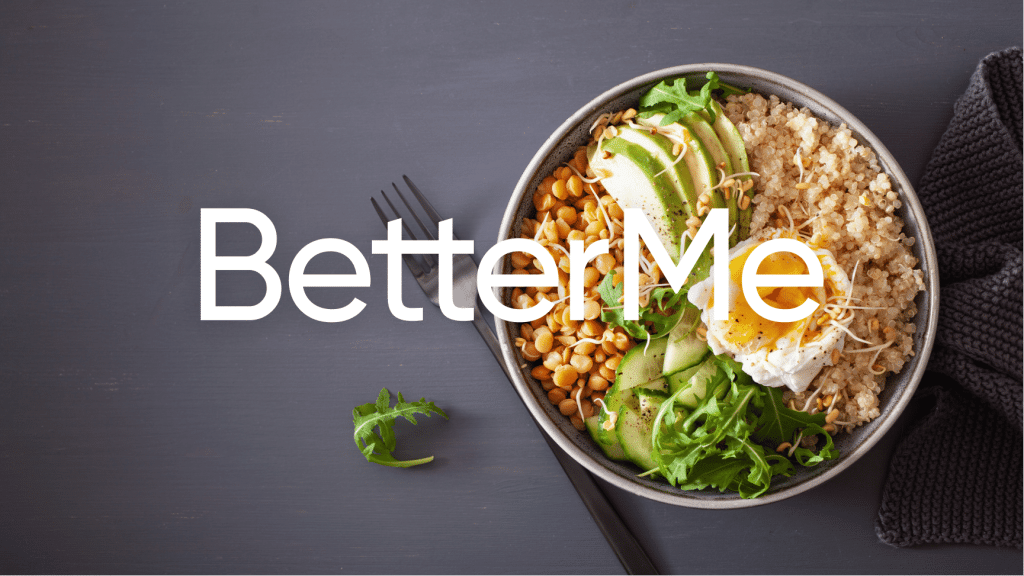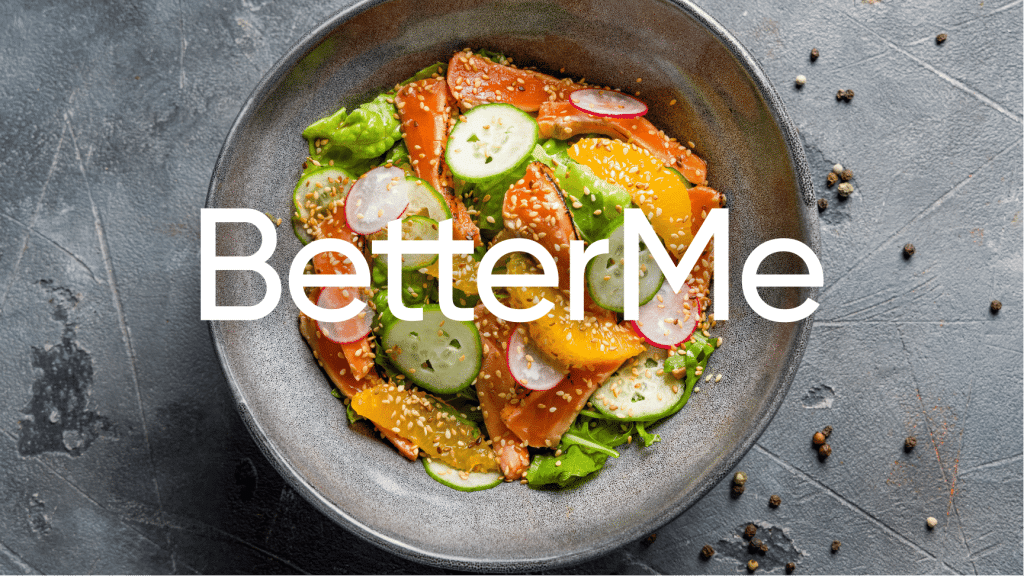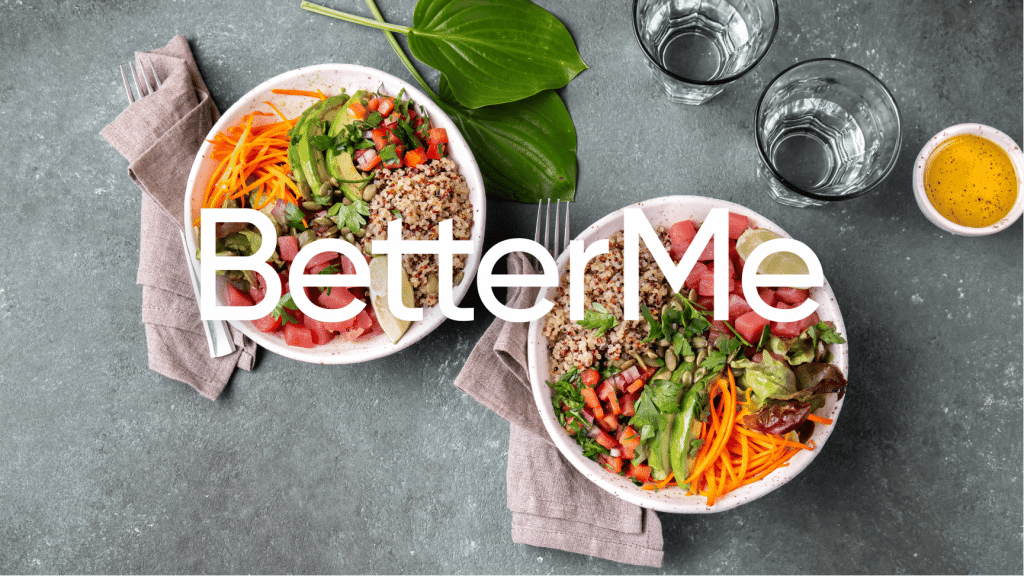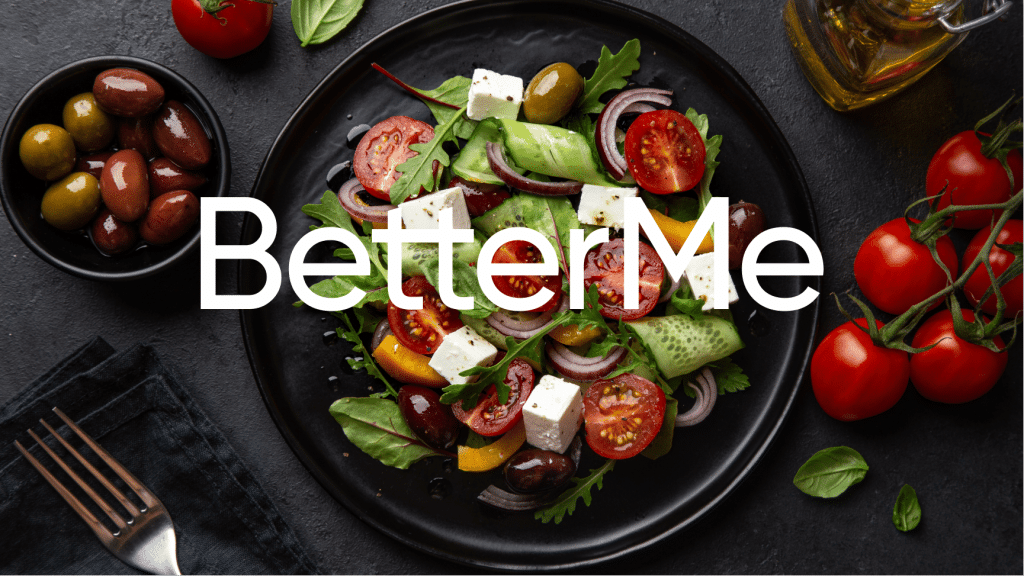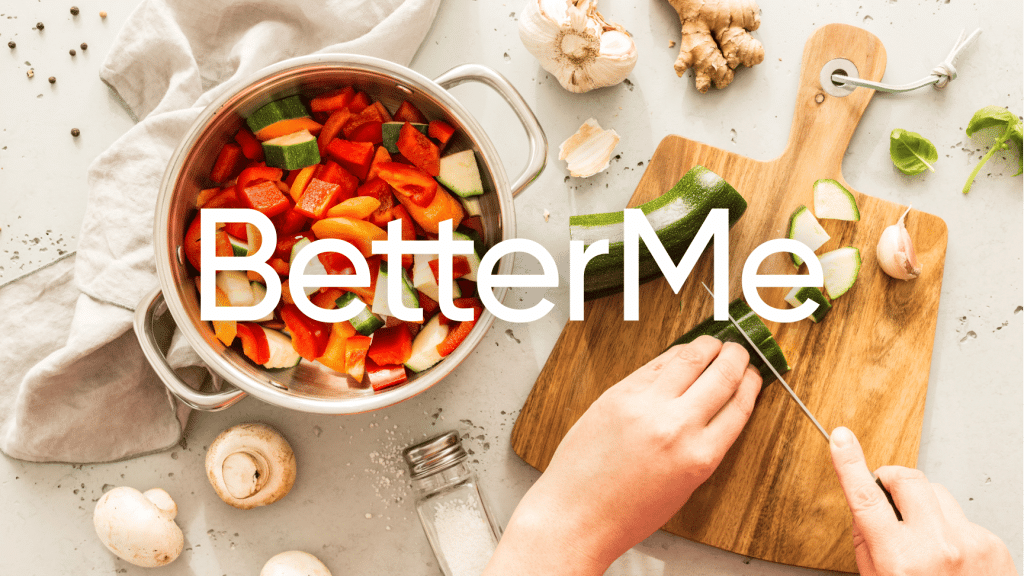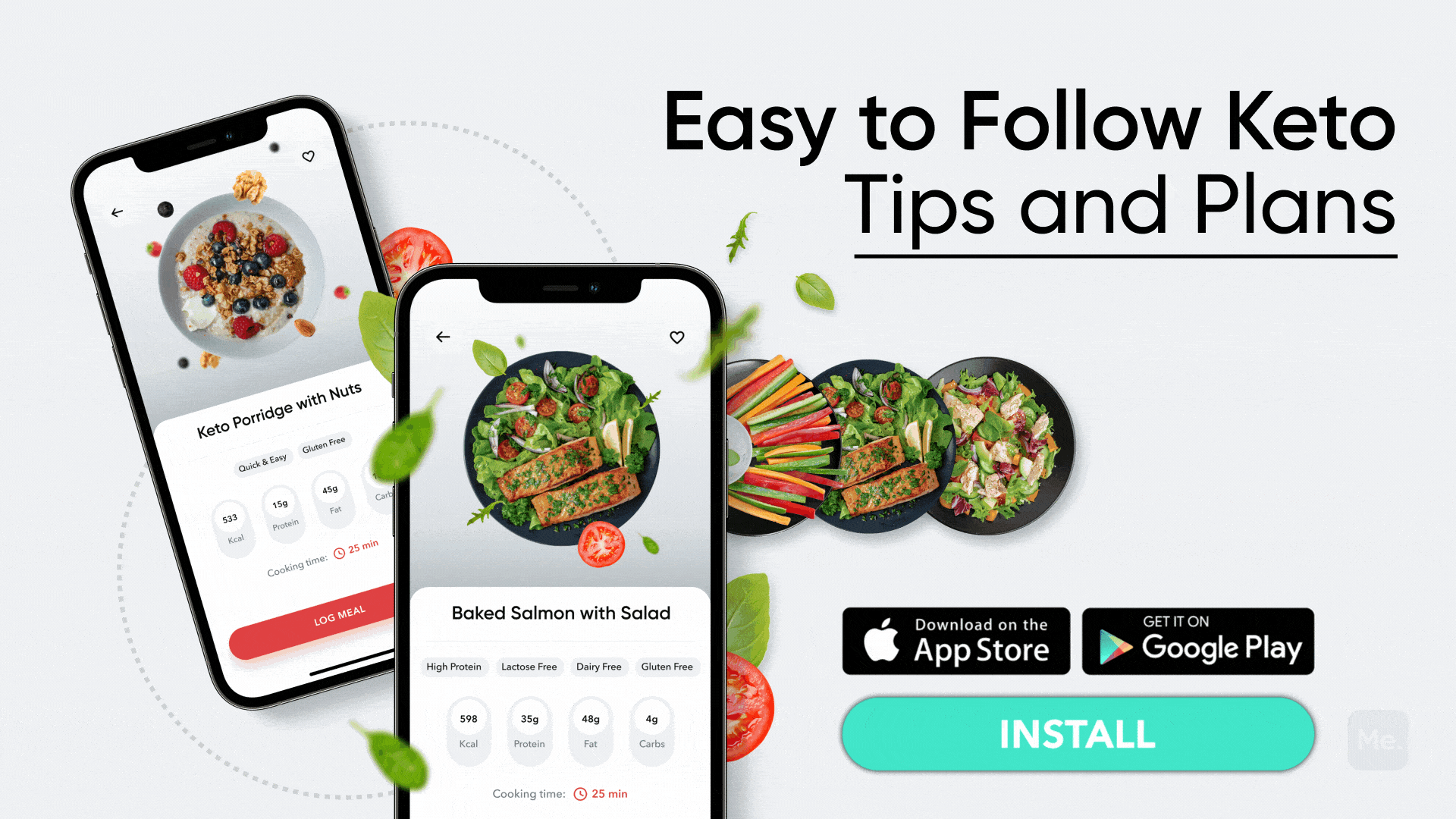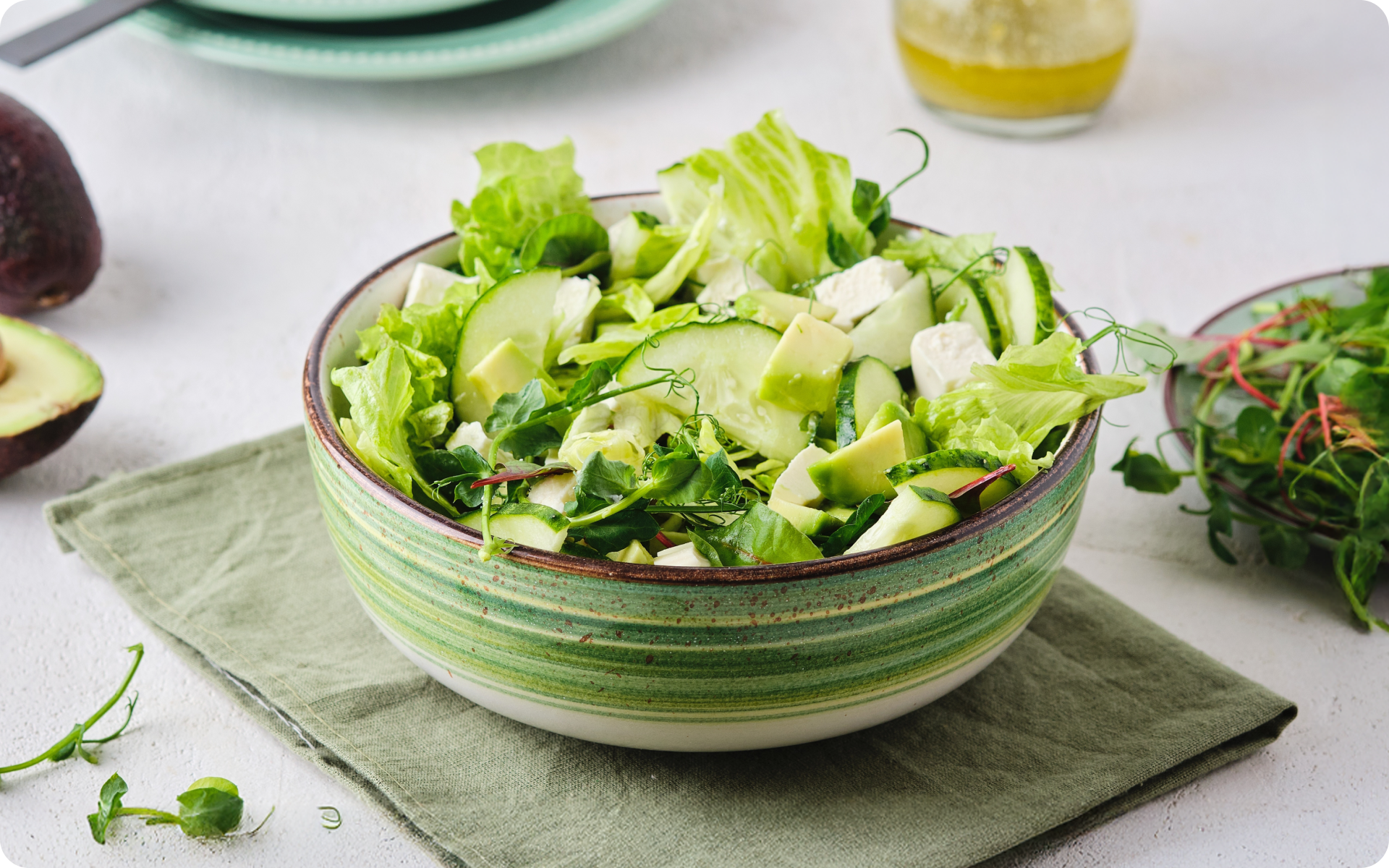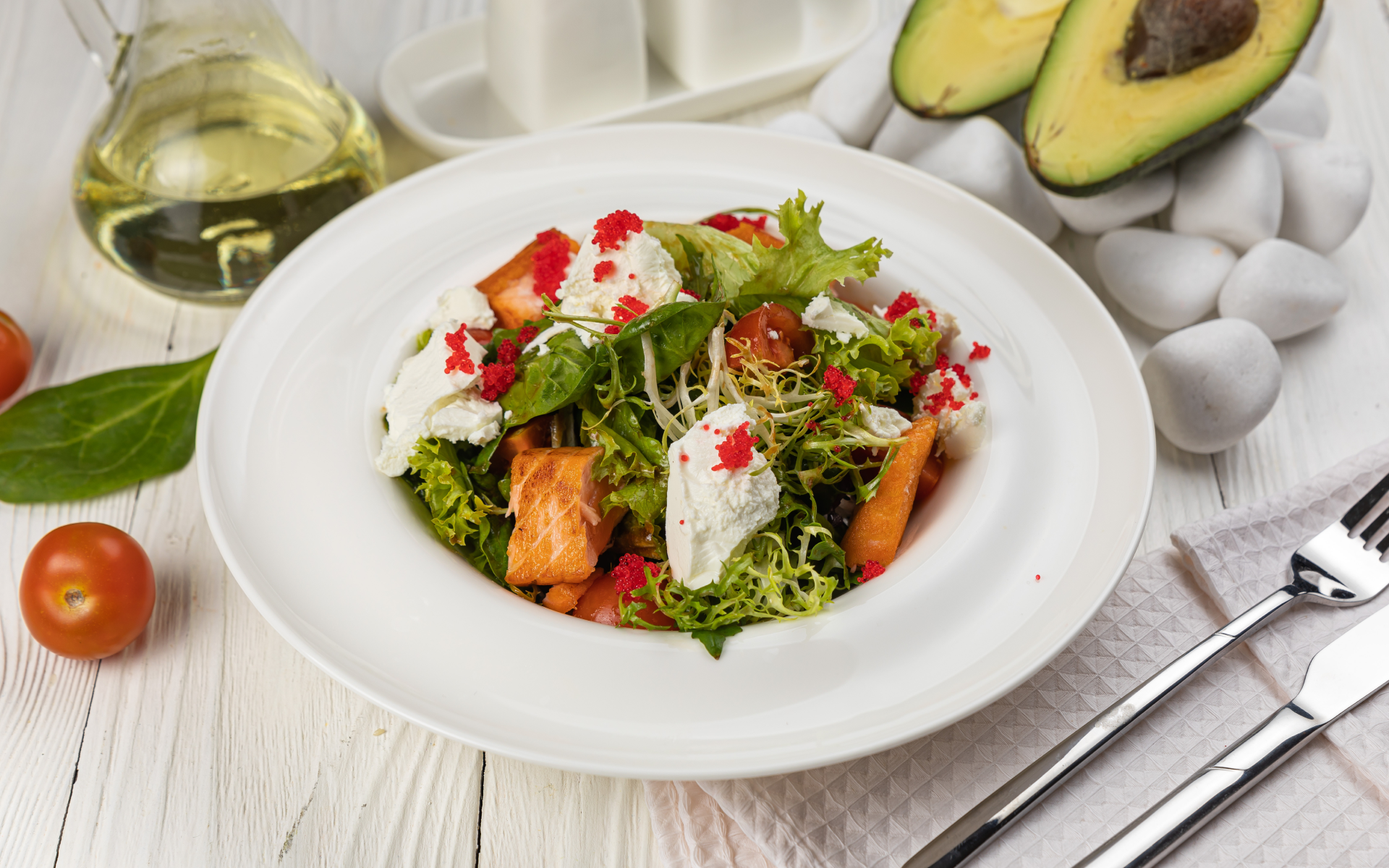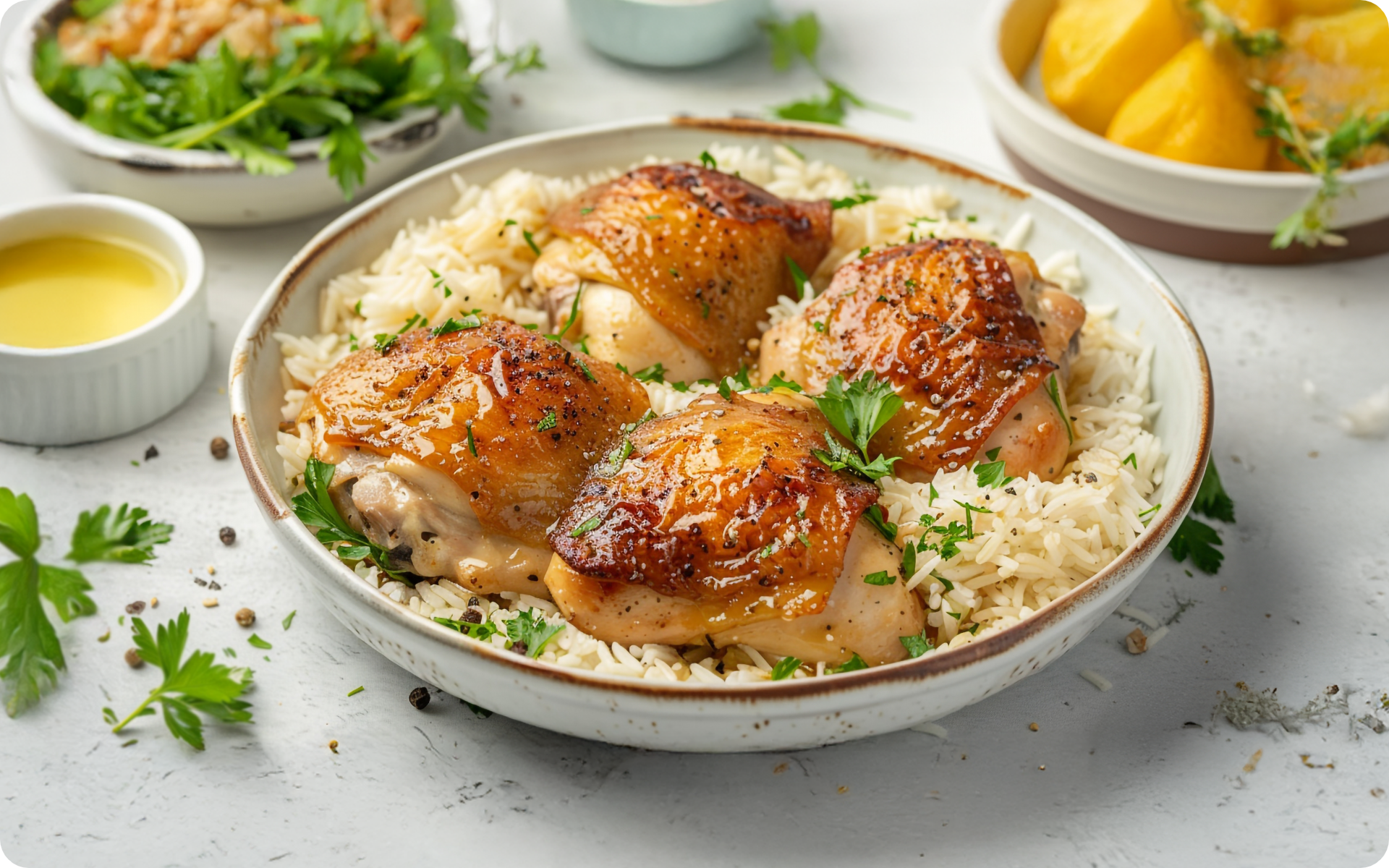If you’re like most people, you probably think of fat as the enemy when it comes to weight loss. But on a keto or low-carb diet, fats are your best friends! Fats are one of the three macronutrients and an essential part of any healthy diet. They provide your body with energy, help regulate hormones, and help you absorb essential vitamins and minerals. So when it comes to the keto diet, fat isn’t just welcome — it’s essential. In this article, we’ll take a look at the different types of dietary fats, and explore 10 of the best sources of fat on keto. Additionally, learn how to include these foods in your diet and why they’re important for optimal health. We’ll also discuss unhealthy fats and how to avoid them. So let’s get started!
What Are The Different Types Of Dietary Fat?
There are four main types of dietary fat: saturated, monounsaturated, polyunsaturated, and trans fats. Sometimes, these are grouped into “good” and “bad” fats, but that’s not always the case.
Saturated Fat
This type of fat is found mainly in animal products like meat, dairy, and eggs.
They are also found in some plant-based foods like palm oil and coconut oil. These fats are solid at room temperature, and while they are often considered unhealthy, research suggests that eating moderate amounts of saturated fat may not be that harmful (23). Recommendations for saturated fat typically suggest keeping it under 7-10% of total calories.
Monounsaturated Fat
They are found mainly in plant-based foods like nuts, avocados, olive oil, and canola oil. Monounsaturated fats are liquid at room temperature and have been linked to several health benefits, including reducing inflammation and improving blood cholesterol levels (23).
Polyunsaturated Fat
This fat is found in fatty fish, seeds, and nuts. When extracted, polyunsaturated fats form oils that are liquid at room temperature. These fats have been linked to many health benefits, including reducing inflammation and promoting healthy brain function (23).
Trans Fat
Artificial trans fats are created when liquid oils are processed into solid fats like shortening and margarine. These fats are often found in processed and fried foods, as well as some baked goods. The previously mentioned fats are linked to positive effects, whereas this fat has been linked to some negative health effects, so it’s best to avoid them (23). In fact, many countries have banned them in recent years.
Read More: Best Fats For Keto To Ensure Success With Every Bite
Why Are Fats Necessary For Keto?
The keto diet is based on the idea of eating high amounts of fat and low amounts of carbohydrates. This approach aims to get your body to transition from burning glucose to burning ketones, which can provide energy for the body and brain in the absence of carbohydrates.
Your body first uses up any glucose it has available to use as fuel when you start following a keto diet.
Once this energy source is depleted, your body turns to stored fat for energy instead. This process is called ketosis, and it is the key to achieving a state of nutritional ketosis (15). At some point, you’ll reach a state where your body is burning fat for fuel almost exclusively.
In order to get into this state and stay there, you need to make sure your diet is rich in healthy fats.
Remember, you’ve limited the main energy source that your body is used to using – carbohydrates. So you’ll need to make up for it with fats, which will help keep your body in a state of ketosis and provide the energy you need to get through the day.
What To Eat For Fats On Keto Diet?
Now that you understand the importance of dietary fat on the keto diet, let’s look at 10 of the best sources of fats.
Avocado And Avocado Oil
By far the most popular, Insta-worthy keto fat source is avocados. They are full of monounsaturated fats (MUFAs). Research shows that MUFAs can help improve cholesterol levels and reduce the risk of heart disease, especially when they replace saturated fats in your diet (25).
Half an avocado provides about 11 g of fat, making it a great way to hit your daily fat goals (2).
Regularly eating this creamy fruit may benefit your health because (12):
- It is fiber-rich. Fiber is known to help with weight loss, reduce cholesterol levels, and improve digestive health.
- It contains potassium. Potassium helps reduce blood pressure, which is a risk factor for heart disease.
- It is full of vitamins and minerals. They are an excellent source of folate, vitamin E, vitamins B6 and C, magnesium, and other essential nutrients.
Not sure how best to add this delicious fruit to your diet?
You can try to mash it up and spread it on toast, add it to salads, blend it into smoothies, or simply enjoy a few slices with some sea salt. Use avocado oil when cooking. Since it has a high smoke point, it is perfect for stir-fries and roasting.
Olives And Olive Oil
A Mediterranean diet staple, olives are known for their high MUFA content. One tablespoon of extra-virgin olive oil contains about 14 g of fat, which can also be added to salads and cooked dishes, or used as a dipping sauce (19). Olives can also add flavor and fat to your meals.
Fat content aside, olives and olive oil also have health benefits, since (24):
- They contain antioxidants. Olives and olive oil are rich in polyphenols, which are powerful compounds that can help protect against chronic diseases.
- They may reduce inflammation. Some studies suggest that olive oil can help reduce inflammation in the body.
- They may lower blood pressure. Some research shows that olives and olive oil may help reduce blood pressure.
Whether you’re looking to simply pep up your fitness routine, jazz up your diet with mouth-watering low-calorie recipes or want to get your act together and significantly drop that number on your scale – BetterMe app has got you covered! Improve your body and revamp your life with us!
Nuts And Nut Butters
Nuts are a great source of fat on the keto diet, with a quarter-cup providing about 19 g of fat (18). They are also an excellent source of protein and fiber, making them a great snack or meal addition.
Regularly eating nuts and nut butters can benefit your health because (13):
- They are rich in heart-healthy fats. Some research suggests that regularly consuming nuts can help reduce LDL cholesterol.
- They are full of vitamins and minerals. Many types of nuts are excellent sources of magnesium, zinc, and other essential nutrients.
- They may help with weight loss. Some studies suggest that consuming nuts may help you feel fuller for longer and reduce hunger.
Some of the best nuts for keto are almonds, walnuts, macadamia, and peanuts. Nut butter, such as almond or peanut butter, also makes a great snack. Just be sure to choose ones without added sugar or other unhealthy ingredients.
Making your own nut butter is also an easy way to get more fat into your diet. Simply blend some nuts of your choice with a little oil and voila! Spread it on toast or add it to a smoothie for an extra fat boost.
Coconut And Unrefined Coconut Oil
Coconuts are top contenders among popular keto fat sources because they contain a lot of medium-chain triglycerides (MCTs). MCTs are known for their ability to quickly convert into energy, making them a great fuel source for keto dieters (16). Coconut oil is also high in saturated fat, so include it in moderation.
Coconut oil is a great cooking oil to add to your keto kitchen since it has a high smoke point and a mild flavor. It is also great for baking, as it can replace other fats like butter or vegetable oil in recipes.
Full-fat coconut milk is another great way to get more fat into your diet. You can use it in smoothies, curries, or other savory dishes for an extra dose of creamy goodness.
Aside from the above-mentioned health benefits of this tropical treat, it has more advantages, such as (7):
- It contains lauric acid. Coconut oil is an excellent source of lauric acid, a type of MCT that may have antimicrobial properties.
- It may reduce inflammation. Some research suggests that coconut oil may have anti-inflammatory effects.
- It may help with weight loss. Some studies indicate that MCTs may help to support metabolism and reduce appetite.
Read More: 10 Keto-Friendly Dressings That Are As Delicious As They Are Low-Carb
Fatty Fish And Seafood
Fatty fish, such as salmon, mackerel, and sardines, are packed with omega-3 fatty acids. A 3-ounce serving of salmon provides about 19 g of fat, making it an excellent source for keto dieters (10).
In addition to providing fat, fatty fish and seafood can also have other health benefits, such as (20):
- It reduces inflammation. The omega-3 fatty acids found in fatty fish can reduce inflammation in the body and support heart health.
- It helps in muscle building. Protein in fish and seafood can help build and maintain muscle on a keto diet.
- It contains different nutrients. Fish and seafood are also good sources of B vitamins, zinc, iodine, and selenium. These nutrients help to keep the body healthy and energized.
Not sure how to incorporate more fatty fish into your keto diet? Try adding salmon to salads or stir-fries, canned tuna to sandwiches or wraps, or sardines to sauces and casseroles.
Flax Seeds
Flax seeds are small, oily, nutty-flavored seeds that are packed with fat and fiber. A quarter-cup serving provides about 18 g of fat and 12 g of fiber (11).
Eating these seeds can be beneficial to your health because (8):
- It contains lignans. These are natural compounds that may have antioxidant properties. They are also thought to help reduce inflammation in the body.
- It is a good source of omega-3 fatty acids. This nutrient can help support heart health and reduce inflammation.
- It may help reduce blood sugar levels. The fiber in flaxseeds may help to manage blood sugar levels, which can be helpful for those on the keto diet.
Adding flaxseeds to your diet is easy. You can add them to smoothies, oatmeal, yogurt, or salads. You can also create your own flaxseed oil by blending one cup of flaxseeds with ¾-1 cup of water and a bit of oil.
Hemp Hearts
Hemp hearts are actually the soft center of hemp seeds, which are also known as shelled hemp seeds. An ounce of hemp hearts provides about 15 g of fat and 1 g of fiber (21).
Hemp hearts are beneficial to your health because (1).
- It contains gamma linoleic acid. This polyunsaturated fatty acid has anti-inflammatory properties.
- It contains nutrients that boost health. They contain polyunsaturated fatty acids, which can help reduce cholesterol levels and support heart health.
- It helps with muscle building. Hemp hearts are also a good source of protein and can help to build muscle on the keto diet.
These little seeds are incredibly versatile and can easily be added to your diet. You can sprinkle them on salads, add them to smoothies or use them in baking as they don’t change the flavor profile of recipes.
Chia Seeds
Perhaps the most popular of all the super seeds is chia seeds. They are deemed as small but mighty. A two-tablespoon serving provides about 7 g of fat and 7 g of fiber (6).
These tiny seeds are incredibly nutrient-dense and can be beneficial to your health because (17):
- It contains omega-3 fatty acids. This can help reduce inflammation and support heart health.
- It contains antioxidants. Chia seeds are a good source of antioxidants, which may help to reduce the risk of cancer and other chronic diseases.
- It is packed with protein. This seed is a good source of protein, which can help to build muscle on the keto diet.
Chia seeds can easily be incorporated into your diet by sprinkling them onto salads, adding them to smoothies, using them in baking, or adding them to overnight oats.
If you’re needing a source of keto fats for breakfast, you can always make a chia seed parfait by layering chia seeds, yogurt, and fresh or frozen fruit.
If you struggle to even flirt with the idea of giving up your favorite foods or working out till your legs give way – BetterMe app is here to breathe a fresh perspective into the way you view the weight loss process! Check out the app and experience the fun side of fitness and dieting with BetterMe!
Whole Eggs
Whole eggs are great for a keto diet because they contain both fat and protein. A single large egg contains about 5 g of fat and 6 g of protein (9).
Eating eggs can be beneficial to your health because (22):
- They contain lutein and zeaxanthin. These are powerful antioxidants found in eggs and can help protect your eyes from age-related damage.
- It contains choline. Whole eggs are a good source of choline, which is important for brain development and memory.
- It keeps you satiated. Eating eggs can help to keep you full longer due to their satiating effect.
High-Quality Butter
By high-quality, we mean organic butter from grass-fed cows. The distinction is important because the cows are raised on a more nutrient-dense diet and produce butter that is higher in healthy fats. A single tablespoon of butter provides about 12 g of fat, about half of which are saturated (3).
Eating high-quality butter can be beneficial to your health because (14):
- It contains conjugated linoleic acid. This is a type of fat that may help reduce inflammation and improve blood sugar levels.
- It is rich in butyrate. Butyrate is a type of fatty acid that may help reduce inflammation and improve gut health.
- It is packed with nutrients. Butter contains several vitamins, minerals, and antioxidants, which may help improve overall health.
Using high-quality butter in moderation is a great way to add healthy fats to your keto diet. You can use it on vegetables or meats, spread it onto toast or even add a tablespoon to your coffee for an extra creamy treat.
Bullet-proof coffee is a type of butter coffee that has become very popular on the keto diet (as well as other low-carb diets) that is made with coffee, butter, and/or MCT oil. Aside from the healthy fats, butter still has a fair amount of saturated fat, so use it in moderation.
Cheese And Other Dairy Products
Cheese is a great source of healthy fats on the keto diet. An ounce of cheddar cheese provides about 10 g of fat, about 6 of which are saturated (5).
As with butter, it is important to look for high-quality cheese that comes from grass-fed cows.
Eating cheese can be beneficial to your health because (4):
- It helps with bone health. Cheese is a good source of calcium and phosphorus, which are important for bone health.
- It gives you energy. It is a good source of vitamin B12, which can help support energy levels.
- It contains many nutrients. Cheese also contains several other vitamins, minerals, and antioxidants that can help improve overall health.
Cheese can be incorporated into your diet in so many ways. You can make a cheese board with different types of cheese and your favorite keto-friendly crackers, you can sprinkle it over salads or add it to omelets.
Other dairy products such as Greek yogurt, cream cheese, and heavy cream are also great sources of healthy fats on a keto diet. Again, some of that fat is saturated, so moderation is key.
Beware Of These Not-So-Healthy Fats For Keto Diet
Not all fats are created equal and it is important to be aware of the not-so-healthy fats that you should avoid on a keto diet.
Here are some of the sources of unhealthy fats that you should avoid:
Crackers, Chips, And Other Processed Snacks
Not only do these products tend to contain refined carbohydrates, which are a no-no on the keto diet, they may contain a lot of saturated fat or even trans fats in some parts of the world.
Research has shown that these types of fats can increase your risk of heart disease and stroke (23). It is best to avoid them altogether, but if you do choose to indulge in a processed snack from time to time, at least make sure that it does not contain any trans fats.
Reading labels is a great way to make sure that you are not consuming any unhealthy fats. Watch out for the words “partially hydrogenated” on the label as these indicate that trans fats are present in the product.
Margarine And Shortening
Margarine and shortening are both made from vegetable oils and typically contain trans fats. To make sure your brand does not contain trans fats, avoid anything with the words “partially hydrogenated” in the ingredients list.
It is best to avoid these products entirely and use healthy fats such as olive oil, avocado oil, or coconut oil instead.
Processed Meats
Many processed meats, such as hot dogs, bacon, and sausages, are high in unhealthy fats. What happens during the processing of these meats is that fatty acids are added to give them flavor and texture.
These fatty acids are usually unhealthy, saturated, or trans fats. It is best to limit your consumption of processed meats and focus on lean cuts of meat, fish, eggs, and poultry instead.
Deep-Fried Foods
Deep-frying foods are a popular way to cook, but they can be unhealthy because the oil used to fry the food is usually highly processed and can contain unhealthy fats. Additionally, frying foods increases their fat content significantly, making them calorie-dense and unhealthy.
It is best to avoid deep-fried foods on the keto diet and opt for healthier cooking methods instead like baking, grilling, or stir-frying.
The Bottom Line
Healthy fats are an important part of the keto diet and should make up a large proportion of your daily calories. There are several healthy sources of fat on keto, such as avocados, olive oil, nuts and seeds, grass-fed cheese, and butter.
Albeit fats are necessary for the keto diet, be sure to avoid unhealthy fats, such as those found in processed meats, deep-fried foods, and shortening. By following these guidelines, you can ensure that your keto diet is providing you with all the essential nutrients and healthy fats that your body needs.
DISCLAIMER:
This article is intended for general informational purposes only and does not serve to address individual circumstances. It is not a substitute for professional advice or help and should not be relied on for making any kind of decision-making. Any action taken as a direct or indirect result of the information in this article is entirely at your own risk and is your sole responsibility.
BetterMe, its content staff, and its medical advisors accept no responsibility for inaccuracies, errors, misstatements, inconsistencies, or omissions and specifically disclaim any liability, loss or risk, personal, professional or otherwise, which may be incurred as a consequence, directly or indirectly, of the use and/or application of any content.
You should always seek the advice of your physician or other qualified health provider with any questions you may have regarding a medical condition or your specific situation. Never disregard professional medical advice or delay seeking it because of BetterMe content. If you suspect or think you may have a medical emergency, call your doctor.
SOURCES:
- A Review of Hemp as Food and Nutritional Supplement (2021, nih.gov)
- Avocado, raw (2022, usda.gov)
- Butter, NFS (2022, usda.gov)
- Cheese (2020, harvard.edu)
- Cheese, cheddar (2019, usda.gov)
- Chia seeds (2022, usda.gov)
- Coconut oil and palm oil’s role in nutrition, health and national development: A review (2016, nih.gov)
- Dietary Flaxseed as a Strategy for Improving Human Health (2019, nih.gov)
- Eggs, Grade A, Large, egg whole (2019, usda.gov)
- Fish, salmon, NFS (2022, usda.gov)
- Flax seeds (2022, usda.gov)
- Hass Avocado Composition and Potential Health Effects (2013, nih.gov)
- Health Benefits of Nut Consumption (2010, nih.gov)
- Is Butter Back? A Systematic Review and Meta-Analysis of Butter Consumption and Risk of Cardiovascular Disease, Diabetes, and Total Mortality (2016, nih.gov)
- Ketogenic Diet (2022,nih.gov)
- Medium Chain Triglycerides enhances exercise endurance through the increased mitochondrial biogenesis and metabolism (2018, nih.gov)
- Nutritional and therapeutic perspectives of Chia (Salvia hispanica L.): a review (2015, nih.gov)
- Nuts, NFS (2022, usda.gov)
- Oil, olive, salad or cooking (2019, usda.gov)
- Oily Fish and Omega-3s Across the Life Stages: A Focus on Intakes and Future Directions (2019, nih.gov)
- Seeds, hemp seed, hulled (2019, nih.gov)
- The Impact of Egg Nutrient Composition and Its Consumption on Cholesterol Homeostasis (2018,nih.gov)
- Types of Fat (n.d., harvard.edu)
- Virgin Olive Oil and Health: Summary of the III International Conference on Virgin Olive Oil and Health Consensus Report, JAEN (Spain) 2018 (2019, nih.gov)
- What the Latest Evidence Tells Us About Fat and Cardiovascular Health (2016, nih.gov)
